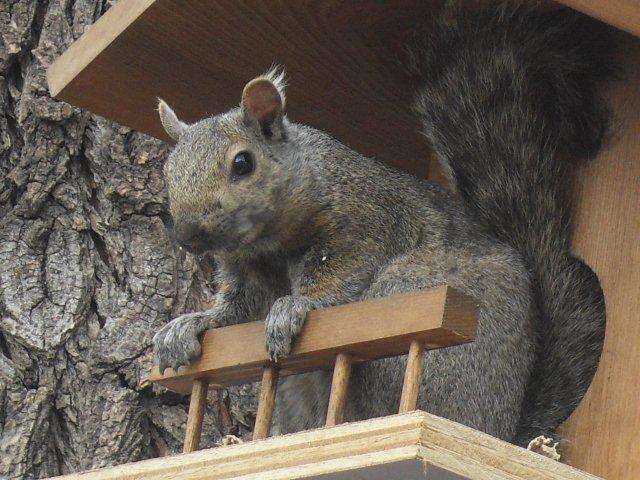In our current model the only ones who derive recognition from a poem are the poet, the publisher and, where applicable, the subject (e.g. Girolamo Savonaro, Salvador Allende, etc.). If this were to remain the case the future for poetry would be as grim as the present. Many of us listen to songs or watch television, plays and movies without knowing or caring who wrote them. We know what we see: the performers. Indeed, we are at least as likely to know the producer/director than the author. For better or worse, the same will be true of poetry.
In our current model the only form of feedback is the letter to the editor. These are published, if at all, in the next issue, which may be a month or more. Each subsequent round of discussion would involve the same wait. Not since the time of sailing ships has communication been so inefficient.
Obviously, the future of poetry lies on the Internet. How will that work, though?
The successful publisher will have to attract and serve everyone from the cognoscenti, seeking artistic merit, to the average Joe or Jane, who may be more concerned with the storyline¹. This will involve a venue, a discussion model, and sponsors. In this installment, we'll concentrate on the web site itself.
The header will be the usual masthead and a menu line including a FAQ, a How-To, and Submission Guidelines. Given my meager design skills and the limitations of blogger software, I can render only the crudest facsimile of how the individual poems are presented:
"Beans" Author: D.P. Kristalo
September came like winter's
ailing child but
left us
viewing Valparaiso's pride. Your face was
always saddest when you smiled. You smiled as every
doctored moment lied. You lie with
orphans' parents, long
reviled.
As close as coppers, yellow beans still
line Mapocho's banks. It
leads them to the sea;
entwined on rocks and saplings, each
new vine recalls that
dawn in 1973 when
every choking, bastard weed grew wild.
Above the text are the videos: slide shows or montages that include the poem in audio, subtitles, or both. These can be seen and discussed by clicking on the photo. To view the listing we click on the category:
- "Original" is an creation of the author or copyright holder.
- "Critics" is the consensus opinion of teachers, geeks, and critics.
- "Fans" is the consensus opinion of everyone else.
- "Latest" is the last video submitted.
For example, hitting "Fans" renders a listing of all the submitted videos in order of their popularity. Clicking on the image above "Fans" plays the overall top rated video.
Similarly, the text is followed by a string of videocam performances of the poem, which may or may not include one by the author. The submissions procedure makes it clear to the poets that they are giving permission for these videos/webcams to be produced and distributed, as on YouTube.
A discussion of the poem follows, along with a bio (if available). Clicking on a name reveals all of the text (e.g. poems, comments, articles) that person has written and all of the videos he or she created or appeared in on and, if they've filled out their profile, off the site.
In our next installment we'll detail the parameters of an online discussion. Then we'll look at funding. Stay tuned!
Links:
The Future of Poetry - Part I - Venues
The Future of Poetry - Part II - Discussions
The Future of Poetry - Part III - Funding and Repêchage
Footnote:
¹ - It is a topic for another day but don't miss this dichotomy: artists compare items of the same plot, type and/or genre--apples to apples--while the public tends to compare works with different plots, types or genres--apples to oranges. A critic can compare, say, two elegies commemorating the same person; typical audience members might complain that they prefer happier stories.



No comments:
Post a Comment
Your comments and questions are welcome.